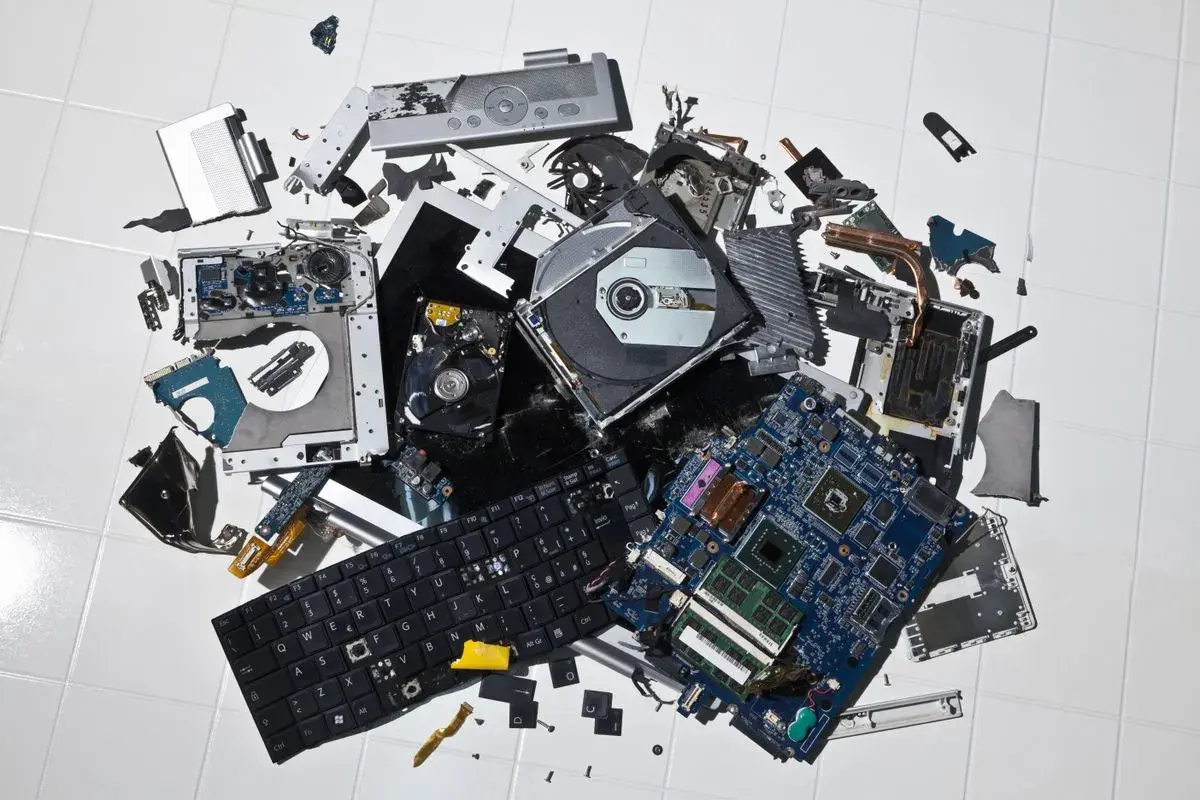Analysts have warned Windows 10 end of life plans could spark a global torrent of e-waste, with millions of devices expected to be scrapped in the coming years.
Research from Canalys shows that up to 240 million PCs globally could be terminated as a result of the shift over to Windows 11, raising critical questions about device refreshes and the responsibility of vendors to extend life cycles.



I think Linux blows windows out of the water as a server operating system. I’ve been using it that way for over 25 years now.
For desktop, there’s a few problems. First is that the average user cannot install an operating system. So unless it comes pre-installed they’re going to be out of luck. The second is that I’ve not found a distro that won’t occasionally just blow itself up on an upgrade. Driver issues, circular dependencies, and all manner of other things that a normal user just doesn’t know how to deal with.
Then you get to gaming. Which is WAY WAY better all the time. But, knowing what works and what doesn’t, which drivers to use, the best distro that has most of the gaming stuff already sorted for you. Not to mention the Wayland + NVidia issues that people are also talking about here. Also, I’ve never proven it. But on FPS games it feels like there’s just a bit more latency on linux (albeit I think overall most games run smoother on linux).
I think Desktop is still great on Linux. But for mass consumption, it still has a way to go and I do wonder if, while windows exists and is preinstalled on everything if it will ever be more than a niche thing. Most users don’t know there’s an alternative and for sure would have no clue how to go about installing it.
This is my number one gripe on Linux. It’s supposed to be more stable than Windows but the truth is that it’s only true if you compare a Linux install you never update to a Windows install which is constantly updating for you, making sure you have the latest security patches automatically, ensuring your system is up to date and ready to use. Sometimes (like 0.1% of the time) Windows gets it wrong and upgrades you to a place where you have to revert the upgrade, but it does so automatically. Like Linux, figure that one out first. The most successful consumer Linux platforms (android, steam deck, etc) all are immutable and software/hardware locked. So they never worry about “oh this person has a Nvidia driver and a Wacom tablet, let’s make sure we don’t mess up either of those with a kernel update that doesn’t include the drivers for those yet.”
I think that’s the main problem. You could make a Linux distro that works like android and other embedded setups. But it would be locked down to only allow installations from an app store and custom hardware likely not supported with no way to get a kernel update until the distro does it.
That would totally alienate the current Linux userbase who are used to taking a distro, adding their own install sources, compile some stuff from source, upgrading kernel or perhaps also recompiling from source. Sure an upgrade might break things but they know how to fix it.
The two types of user are worlds apart. I think snap/flatpak etc come closer to a way to get windowsesque setups. But again for many experienced users those also sacrifice too much in favour of convenience.
I agree with one exception, in my experience, flatpak just adds a layer of headaches. Things like Steam don’t act as they should without configuring them more than I should need to. Which honestly, steam specifically should require zero configuration, you install it, sign in, and you are up and running. Having to muck around with steam play or just getting steam to open from flatpak entirely drives me away from it.
Yeah, my feeling is that if I wanted a server, Linux would be great for that, and if I just wanted a PC for email, internet, word processing, spreadsheets, and the like (ie, a basic office computer), Linux would do just fine too. It’s just not stable enough for the huge variety of stuff I need my computer to do.